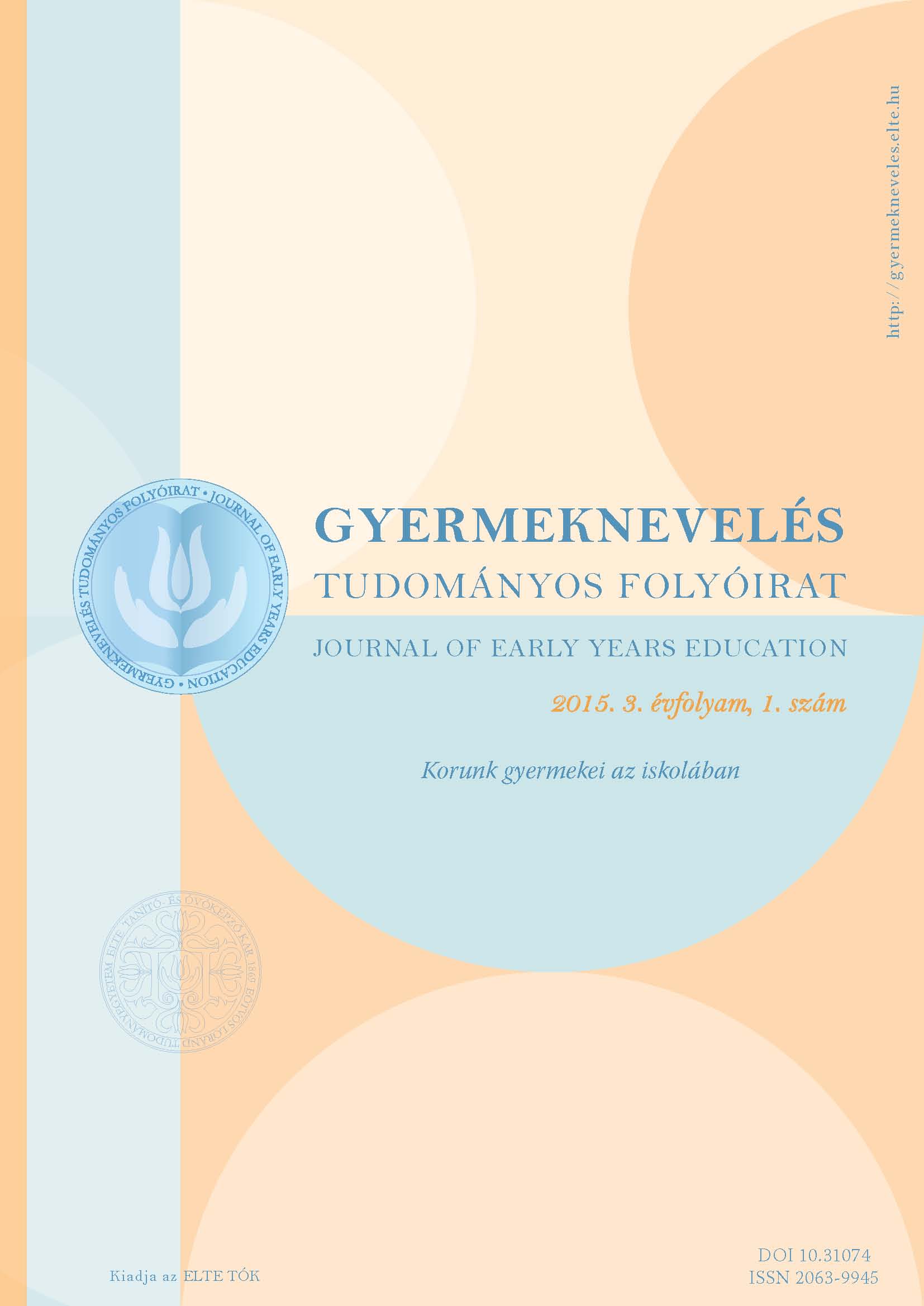A digitális kor gyermekei
DOI:
https://doi.org/10.31074/gyntf.2015.1.74.83Keywords:
digital generation, information society, networking, multitasking, generation theoryAbstract
These days we can more frequently come across the following statement: 'children who have just started the school or those who are already in school can be managed harder than the previous generations'. This survey reviews the specialities of the information society, then draws up the criticisms of the already well known generation theory. It introduces a new expression as well, which draws the attention to some hazards of the generation theories: the digital Pygmalion effect. The study briefly summarizes those features of the digital age's children, which arise from the changed social background and the increased quantity and velocity of the information.
The most important problem from the viewpoint of the teaching-learning processes and the education itself is, how can the teachers and students coming from different digital generations (in the digital society) effectively communicate and cooperate. After reviewing these viewpoints, the already changed role of the teacher will be analysed and the general fear of the devastated prestige of the older teacher generation will be disproved.
Downloads
Downloads
Published
How to Cite
Issue
Section
License
Copyright (c) 2015 Author

This work is licensed under a Creative Commons Attribution-NonCommercial-ShareAlike 4.0 International License.

